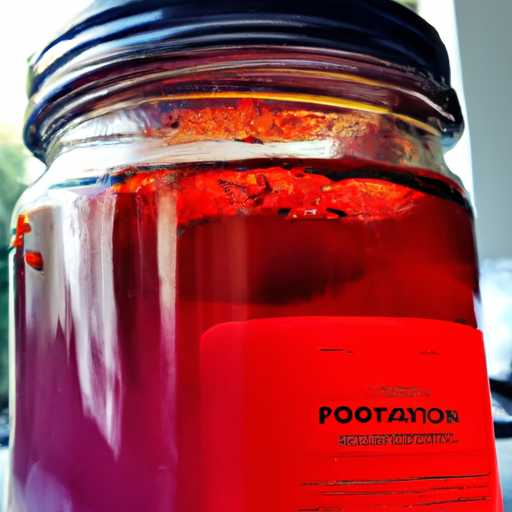Exploring the Key Ingredients in Kombucha Tea

Exploring the Key Ingredients in Kombucha Tea
Kombucha tea, a fermented drink that has gained popularity in recent years, is known for its unique taste and potential health benefits. The key ingredients in kombucha tea play a major role in its flavor, nutritional profile, and overall quality. In this article, we will explore the main components that give kombucha its distinctive characteristics and discuss their potential impact on health.
The primary ingredients in traditional kombucha tea include black or green tea, sugar, water, and a symbiotic culture of bacteria and yeast (SCOBY). During the fermentation process, the SCOBY metabolizes the sugar and tea components, resulting in the creation of organic acids, carbonation, and a variety of bioactive compounds. Each ingredient plays a significant role in shaping the final product, and understanding their properties is essential for appreciating the complexity of kombucha tea.
Black or green tea is the base ingredient for kombucha, providing the beverage with its distinct color, flavor, and antioxidant content. Tea leaves contain a group of compounds known as polyphenols, which have been linked to various health benefits, including reduced inflammation, improved gut health, and enhanced immune function. The fermentation process breaks down these polyphenols, leading to the formation of new antioxidant compounds and contributing to the overall nutritional value of the drink.
Sugar serves as a source of energy for the SCOBY during the fermentation process, and it also influences the sweetness and carbonation level of the final product. While the initial sugar content may seem high, much of it is consumed by the SCOBY during the fermentation process, resulting in a lower sugar content in the finished kombucha tea. The type and quality of sugar used can affect the flavor profile of the beverage, with some brewers experimenting with alternative sweeteners such as honey, fruit juice, or agave nectar to create unique variations of kombucha.
Water is the main liquid component in kombucha, and its quality can significantly impact the outcome of the fermentation process. Using filtered or purified water is recommended to avoid any potential contaminants that could affect the growth of beneficial microorganisms in the SCOBY. Additionally, the mineral content of water can influence the flavor and carbonation of the finished kombucha, with some enthusiasts choosing water sources that contribute specific characteristics to the drink.
The symbiotic culture of bacteria and yeast (SCOBY) is the essential microorganism responsible for turning sweet tea into tangy, fizzy kombucha. The SCOBY is a cellulose mat that forms on the surface of the liquid during fermentation, consisting of a complex community of bacteria and yeast species. These microorganisms consume the sugar and convert it into organic acids, including acetic acid and lactic acid, which contribute to the sourness and tartness of the drink.
In addition to organic acids, the fermentation process produces a variety of other bioactive compounds, such as vitamins, enzymes, amino acids, and probiotics. These substances may contribute to the potential health benefits associated with kombucha, including improved digestion, immune support, and overall well-being. While research on the specific effects of these compounds is ongoing, many kombucha enthusiasts value the drink for its potential to support a healthy lifestyle.
Overall, the key ingredients in kombucha tea work together to create a complex and dynamic beverage with a wide range of sensory, nutritional, and potential health-promoting properties. As the popularity of kombucha continues to grow, it’s important to appreciate the fundamental components that make it unique and explore the potential benefits of incorporating this ancient elixir into a modern wellness routine. Whether enjoyed for its refreshing taste, probiotic content, or holistic appeal, kombucha tea offers a multifaceted experience that reflects the rich tradition of fermented beverages and the ongoing pursuit of holistic health and well-being.
[elementor-template id=”430″]
[elementor-template id=”433″]



0 Comments